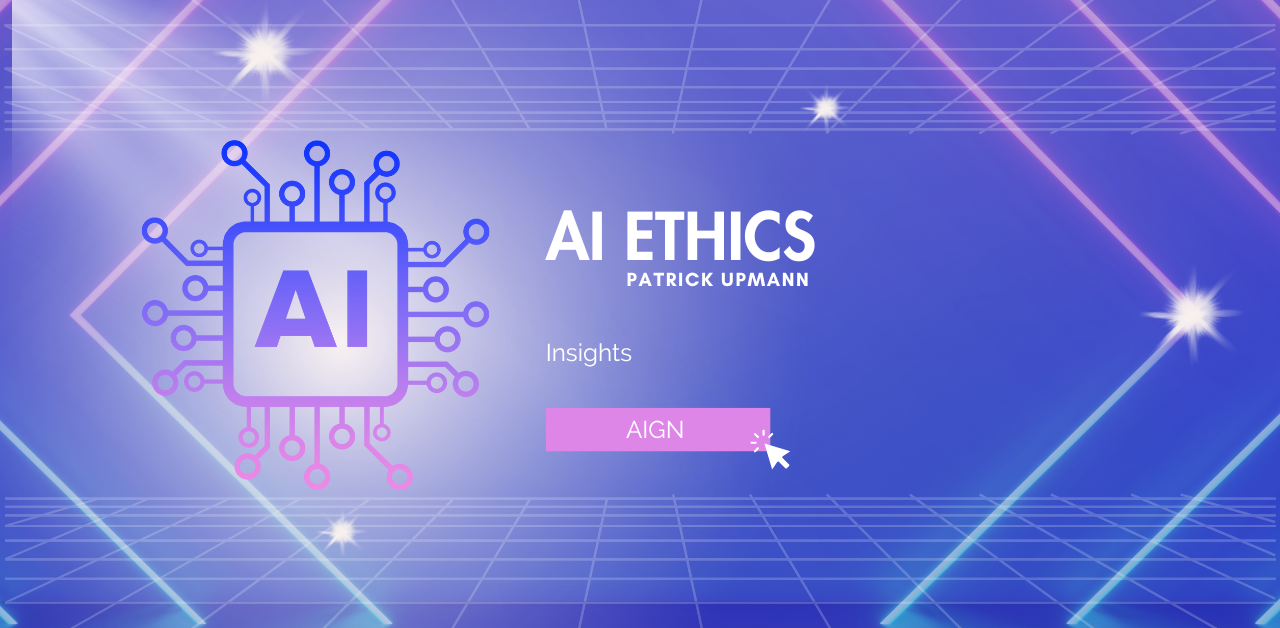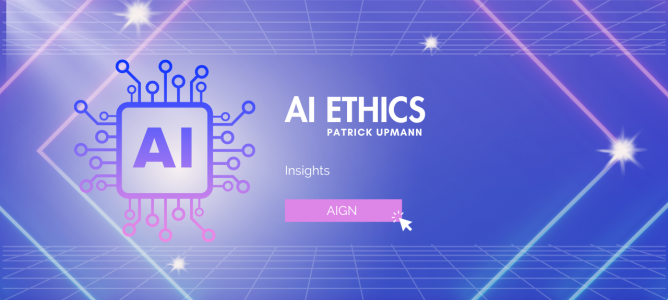How Unified Metrics Can Measure Ethical Performance and Drive Accountability in AI Systems
As Artificial Intelligence (AI) continues to reshape industries and societies, evaluating its ethical performance and societal impact becomes increasingly important. The absence of standardized metrics often leads to fragmented approaches, making it challenging to assess the true impact of AI systems. Developing standardized ethical metrics can provide a globally recognized framework to evaluate AI systems, ensuring transparency, fairness, and accountability.
This article explores the concept of standardized ethical metrics, their benefits, implementation strategies, and challenges in creating global benchmarks for ethical AI governance.
Why Standardized Ethical Metrics Matter
Ethical metrics provide a structured method to assess whether AI systems align with societal values and ethical principles. Global benchmarks ensure consistency and comparability, fostering trust and accountability across industries and regions.
Key reasons for standardized ethical metrics include:
- Transparency: Provides clarity on how AI systems operate and their societal impact.
- Fairness: Identifies and mitigates biases in AI algorithms.
- Accountability: Ensures organizations are held responsible for the ethical implications of their AI systems.
- Global Collaboration: Aligns stakeholders across borders to uphold shared ethical standards.
Statistic: According to the AI Ethics Alliance (2023), 68% of AI practitioners believe standardized metrics are critical to fostering public trust in AI technologies.
Key Components of Standardized Ethical Metrics
- Bias Detection and Mitigation
Evaluate how AI systems treat diverse user groups and ensure equitable outcomes.Example: Metrics to measure disparate impact in hiring algorithms. - Transparency
Assess the level of explainability and accessibility of AI decision-making processes.Statistic: Gartner (2024) reports that 70% of companies adopting transparency metrics see increased trust among stakeholders. - Accountability Frameworks
Measure how well AI systems track errors, address complaints, and implement corrective actions. - Privacy and Data Governance
Metrics to evaluate compliance with data protection regulations, such as GDPR, and ensure ethical data use. - Societal Impact
Develop benchmarks to assess the broader societal implications of AI technologies, such as job displacement or environmental sustainability.
Challenges in Implementing Standardized Ethical Metrics
- Global Consensus
Achieving agreement on ethical principles and benchmarks across diverse cultural and regulatory landscapes. - Rapid Technological Evolution
Metrics must be adaptable to emerging technologies like generative AI and quantum computing. - Complexity of Measurement
Ethical considerations often involve subjective elements, making them challenging to quantify. - Resource Intensity
Collecting and analyzing data for ethical evaluations can be resource-intensive.
Example: Bias detection requires large-scale audits, which may be costly and time-consuming for small organizations.
How to Develop and Implement Standardized Ethical Metrics
1. Define Core Ethical Principles
Develop a global framework rooted in universally accepted principles, such as fairness, accountability, and transparency.
Actionable Steps:
- Engage with international organizations, such as the United Nations or OECD, to establish ethical guidelines.
- Align benchmarks with existing regulations, such as the EU AI Act.
2. Create Industry-Specific Metrics
Tailor benchmarks to different sectors, such as healthcare, finance, or education, ensuring relevance and applicability.
Example: Healthcare metrics might assess algorithmic accuracy and equitable access to care.
3. Establish Collaborative Governance Models
Foster cooperation among governments, industries, and academia to ensure the adoption and oversight of standardized metrics.
Actionable Steps:
- Create ethical oversight committees to monitor compliance.
- Host global forums to align stakeholders on key benchmarks.
4. Leverage Technology for Metric Implementation
Use AI-driven tools to automate the assessment of ethical performance and generate actionable insights.
Statistic: Automated tools reduce the cost of ethical audits by 25% (World Economic Forum, 2023).
5. Monitor and Update Metrics Regularly
Ethical standards should evolve alongside advancements in AI technology and societal needs.
Actionable Steps:
- Conduct annual reviews of metrics.
- Incorporate feedback from diverse stakeholders, including marginalized communities.
Case Studies: Standardized Ethical Metrics in Action
- The IEEE Global Initiative on AI Ethics
This initiative has developed a framework for ethical AI, including metrics for transparency, accountability, and societal impact. - EU AI Act Compliance Metrics
The EU AI Act mandates risk-based conformity assessments, setting a foundation for standardized metrics in high-risk AI systems. - The AI Fairness 360 Toolkit
IBM’s open-source toolkit provides algorithms and benchmarks to evaluate and mitigate bias in AI models.
Benefits of Standardized Ethical Metrics
- Consistency: Ensures comparable assessments across organizations and industries.
- Trust Building: Enhances confidence among users, regulators, and stakeholders.
- Improved Governance: Provides actionable insights for ethical AI oversight.
- Market Differentiation: Organizations adhering to ethical benchmarks gain a competitive advantage.
Statistic: Companies adopting standardized ethical metrics report a 30% improvement in stakeholder trust (Accenture, 2023).
Conclusion
Standardized ethical metrics are essential for evaluating the ethical performance and societal impact of AI systems. By fostering global collaboration, creating adaptable frameworks, and leveraging technology, these benchmarks can ensure AI development aligns with shared values of transparency, fairness, and accountability.
Take Action Today
If your organization is looking to implement standardized ethical metrics, we can guide you through the process. From developing tailored benchmarks to conducting comprehensive audits, our consulting services ensure your AI systems meet global ethical standards. Let’s work together to create a framework for responsible and impactful AI innovation.


